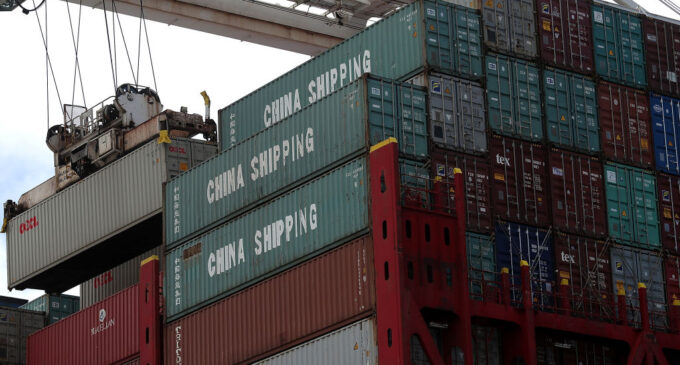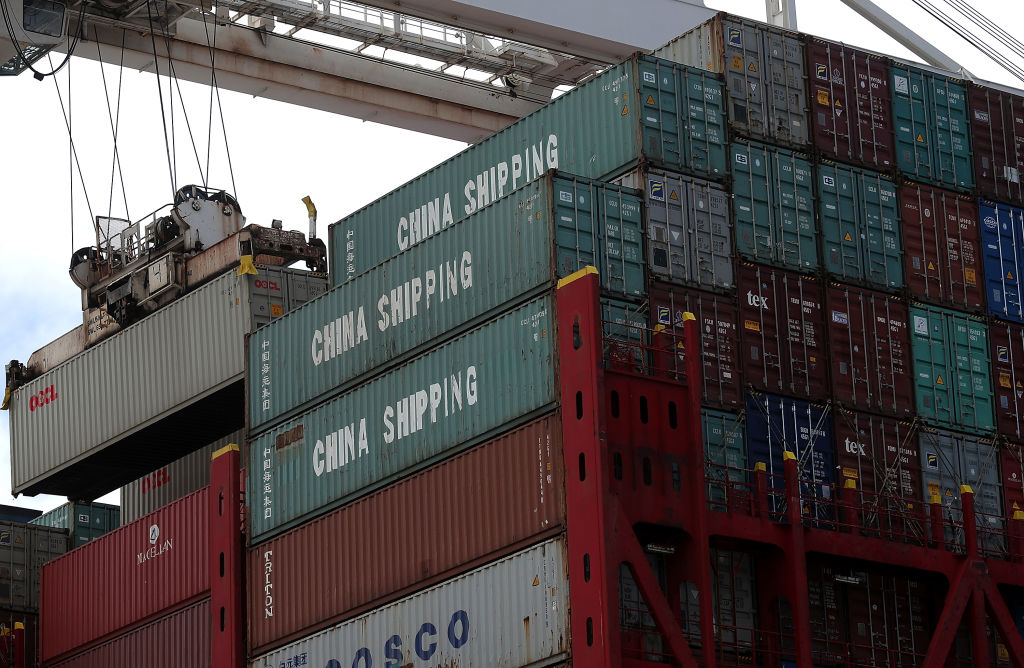301 Tariff Review Continues


The Biden administration is nearing the end of a lengthy review on whether to adjust or extend Section 301 tariffs on a variety of goods and materials from China.
The tariffs, imposed in 2018 under the Trump administration, set levies on nearly $400 billion in Chinese products.
The tariffs include 25% duties on bolts, screws and other fasteners (HTS subheadings 7318.11.00 to 7318.29.00) manufactured in China and 15% on all Chinese iron and steel nuts (HTS subheading 7318.16.00).
In May 2022, the Office of the U.S. Trade Representative initiated a legally-required four-year review of the Section 301 tariffs that focused on tariff efficacy in changing Chinese discriminatory practices and the impact of the tariffs on the U.S. economy, workers and consumers, among other considerations.
More than 18 months later, the review remains unfinished, which the National Association of Manufacturers finds concerning.
NAM is urging USTR to finish and publish it—and to take actions that “reduce the burdens on manufacturers while maintaining appropriate leverage to incentivize China” to adhere to its commitments.
“Ideally, USTR will conclude the four-year review in the next few weeks and make the results public,” said NAM Senior Director of International Policy Ali Aafedt.
“We would like to see the results reflect the 1,498 public submissions USTR received during the process and the reduction or removal of some of the tariffs that are harming manufacturers in the U.S. more than they’re creating leverage on China.”
Currently there are 429 existing exclusions from the tariffs—including 77 COVID-19-related products and 352 reinstated exclusions—which are in effect through May 31.
NAM has also been pushing for a new process that allows manufacturers to ask the government to exclude specific products they need from the tariffs.
“The last opportunity to petition USTR for relief from Section 301 tariffs was in 2020, and a new exclusion process will help to better align the tariffs with U.S. economic goals,” said Aafedt.
Reports indicate that the Biden administration will look to rebalance the tariffs, potentially reducing those that are not in the U.S. interest and raising tariffs on other items, including on imports from China in the EV and battery sectors.



There are no comments at the moment, do you want to add one?
Write a comment